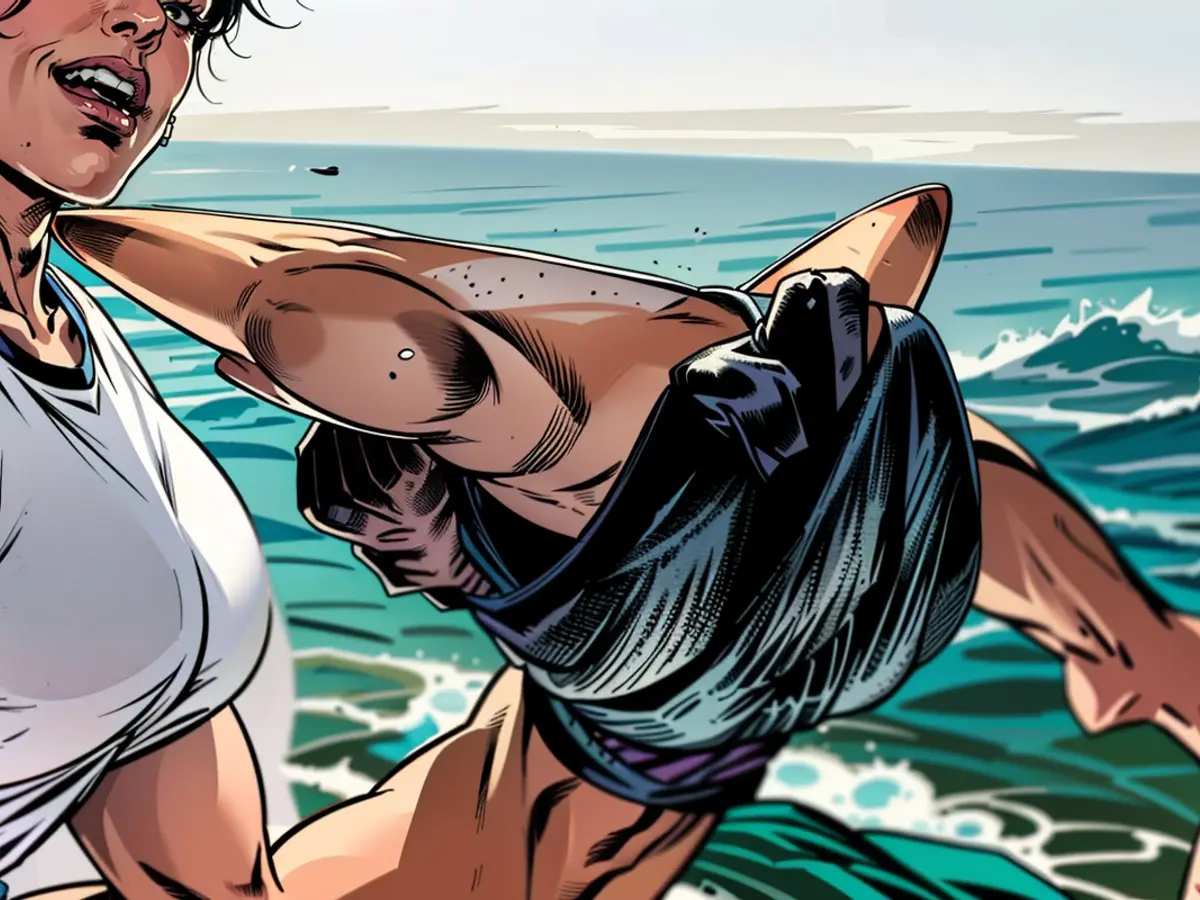Drugs - Along Brazil's Coast: Sharptoothed Sharks on Cocaine
In the Brazilian coastal metropolis of Rio de Janeiro, Shark species (Rhizoprionodon lalandii) have been found to test positive for Cocaine. Researchers from the Oswaldo Cruz Institute identified the substance in the livers and muscles of 13 bull sharks, as indicated in the study published in the journal "Science of The Total Environment". The data suggest the large quantities of the drug consumed and discharged into the sewers and ultimately into the sea.
"Studies have already shown water contamination and some aquatic organisms, such as mussels, with cocaine in Brazil. Our analysis is the first to detect the substance in sharks," says pharmacist Enrico Mendes Saggioro, one of the researchers responsible for the discovery along with biologist Rachel Ann Hauser-Davis. Sharks, according to Hauser-Davis, play a central role as top predators in the marine ecosystem, allowing environmental damage, including various forms of pollution, to be identified.
According to the latest World Drug Report, published by the United Nations Office on Drugs and Crime (UNODC) in 2024, Brazil is among the largest consumers of cocaine globally. Based on the available studies, researchers believe that the drug mainly enters the sea through the disposal of cocaine waste in sewers.
Possible consequences for sharks
To determine the exact consequences of cocaine contamination for the animals, specific studies are required. "It is believed that it affects their growth, maturation, and possibly fertility, as the liver plays a role in embryonic development," says biologist Hauser-Davis.
The discovery of cocaine in sharks in Rio de Janeiro aligns with previous findings of drug contamination in other aquatic organisms in Brazil. This rising level of criminality, as indicated by the high consumption and disposal of cocaine, poses potential threats to coastal metropolises like Rio de Janeiro. According to the UNODC, Brazil ranks among the top global consumers of cocaine. The ongoing research aims to shed light on the impact of cocaine on shark growth, maturation, and fertility, highlighting the need for further studies in this area.






